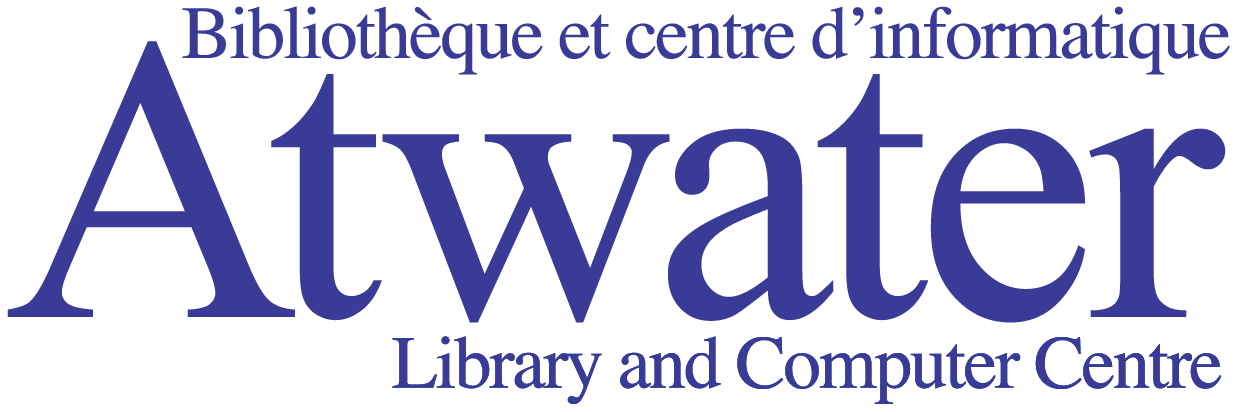Context
We are conducting an important three-year project funded by Status of Women Canada addressing the issue of rape culture. Our project focuses on partnerships with colleges/CEGEPs to develop policy solutions, pedagogical strategies and knowledge mobilization approaches that respond to this problem. We believe that college campuses are an important point of engagement in addressing rape culture as it is the bridge between high school, university, and adult life.
During the past two years we have been using forum theatre, a type of theatre technique under the umbrella term "Theatre of the Oppressed", as a strategy of engaging with issues around rape culture and gender-based violence with our partners. The topic of each script came from our collaborators and was developed in consultation with experts, survivors, and key collaborators. Our previous scripts were:
- Disclosure Dilemma - which explore the complexities of telling others about an incident in a classroom setting
- Man Down - which explores toxic masculinity among male students
This year we are developing a forum theatre script which explores the intersection of rape culture and disability(ies).
What is/are disability(ies)?
We are exploring multiple definitions of disability. Currently, we are working with the following interpretation of 'disability(ies)' as:
“An umbrella term, covering impairments, activity limitations, and participation restrictions. An impairment is a problem in body function or structure; an activity limitation is a difficulty encountered by an individual in executing a task or action; while a participation restriction is a problem experienced by an individual in involvement in life situations.”
Why Forum Theatre?
Forum theatre is a tool for exploring and rehearsing possible actions that people can take to diminish oppression. It is a laboratory to experiment with different courses of action. It teaches us that, as in life, if one fails to intervene, nothing will change, but also that doing “something” is not enough; it must be a strategic something. Forum theatre also allows us to explore possible solutions for a systemic problem. One of its main benefits is generating both solidarity and a sense of empowerment for the situation to change within the audience. It can also teach us what we’re doing wrong when fixing a systemic problem.
Why focus on the intersection of disability and rape culture?
People with disabilities:
- are affected by rape culture disproportionally. This population experiences it more with less resources available.
- are sexually victimized more often than others who do not have a disability and are more affected by sexual violence culture. In fact, sexual abuse is, oftentimes, the only sexual experience that they experience. For example, one study reported that 49 percent of people with intellectual disabilities will experience 10 or more sexually abusive incidents.
- want to have relationships, love and romance. They want the same things as anyone else, but it's harder for them. They are very lonely, which makes them vulnerable to sexual violence.
- may not understand what is happening or have a way to communicate the assault to a trusted person. Those with less severe disabilities may realize they are being assaulted, but don’t know that it’s illegal and that they have a right to say no.
- may never tell anyone about the abuse due to threats to their well-being or that of their loved ones by the abuser.
References
http://sacha.ca/resources/statistics
SACHA supports survivors of sexual assault while working to end sexual violence.
https://www.who.int/topics/disabilities/en/
The World Health Organization educates the general public on global problems and issues affecting marginalized people.
This article, which is part of a series, describes how sex education can help people with disabilities identify sexual abuse and develop healthy relationships.
https://www.thearc.org/what-we-do/resources/fact-sheets/sexual-violence
The Arc is an organization that supports people with disabilities in various problems. This brief report provides information on sexual assault or abuse of people with intellectual/developmental disabilities, including statistics on sexual violence, the effects of sexual violence, and service options.
https://beautifultrouble.org/tactic/forum-theater/
This article explains the function and benefits of Forum Theatre.
https://www.southampton.ac.uk/healthsciences/business_partnership/innovations/forum_theatre.page
This article published by the University of South Hampton describes the goal and process of Forum Theatre.
